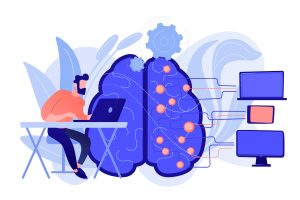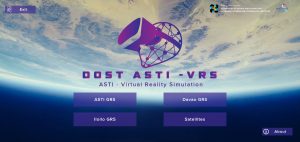
There is no doubt that developments in the field of Artificial Intelligence (AI) have skyrocketed over the years and have shown promising applications in different facets of society—from virtual assistants, automated management systems, smart home appliances, real-time traffic assessment to remote-sensing technology.
AI, in simple terms, is any system or machine that is designed to simulate the problem-solving capability of human intelligence based on a set of information. In the event of the COVID-19 pandemic, the potential of AI technology has been further placed under the spotlight. The World Health Organization (WHO) itself had recognized the importance of using AI to control and manage the crisis caused by the coronavirus.
Aside from issuing safety and hygiene measures to the public such as self-isolation, contact tracing, quarantine, the healthcare industry integrated AI in monitoring COVID-19 cases and forecasting the spread of the virus. An AI-based triage system reduced the workload of medical practitioners by automating the medical records system in the hospital setting. AI was also heavily utilized in drug and vaccine research, early detection and diagnosis of the virus, as well as in strategic employment of health protocols.
Making use of AI technology during the pandemic, however, was not limited to the medical field alone. The DOST-Advanced Science and Technology Institute (DOST-ASTI) had worked on projects that utilized the power of AI during the pandemic. Called the Smart Distancing application, the app works to automatically flag social distancing violations from CCTV feeds. The development of the ASTI Virtual Reality Simulation (ASTI VRS) application served as a means to bring the institute’s satellite facility tour experience virtually.

The Philippines is seen as a potential big player in the AI field, having ranked third among Southeast Asian governments for AI readiness in 2019, according to a report by the Oxford Insights and the International Development Research Centre. Beyond the economic benefits, the government envisions making the country a globally competitive AI powerhouse in the region.
As AI technology gains ground in the country, the DOST-ASTI is ready to take part in its potential in revolutionizing pandemic preparedness and response in the country. The institute is expected to build on this momentum to accelerate AI-related R&D efforts and collaborations toward a better public health management system.
To know more, visit the DOST-ASTI website at https://asti.dost.gov.ph/projects/coare/ or through Asia Research News at https://www.asiaresearchnews.com/content/dost-advanced-science-and-technology-institute




